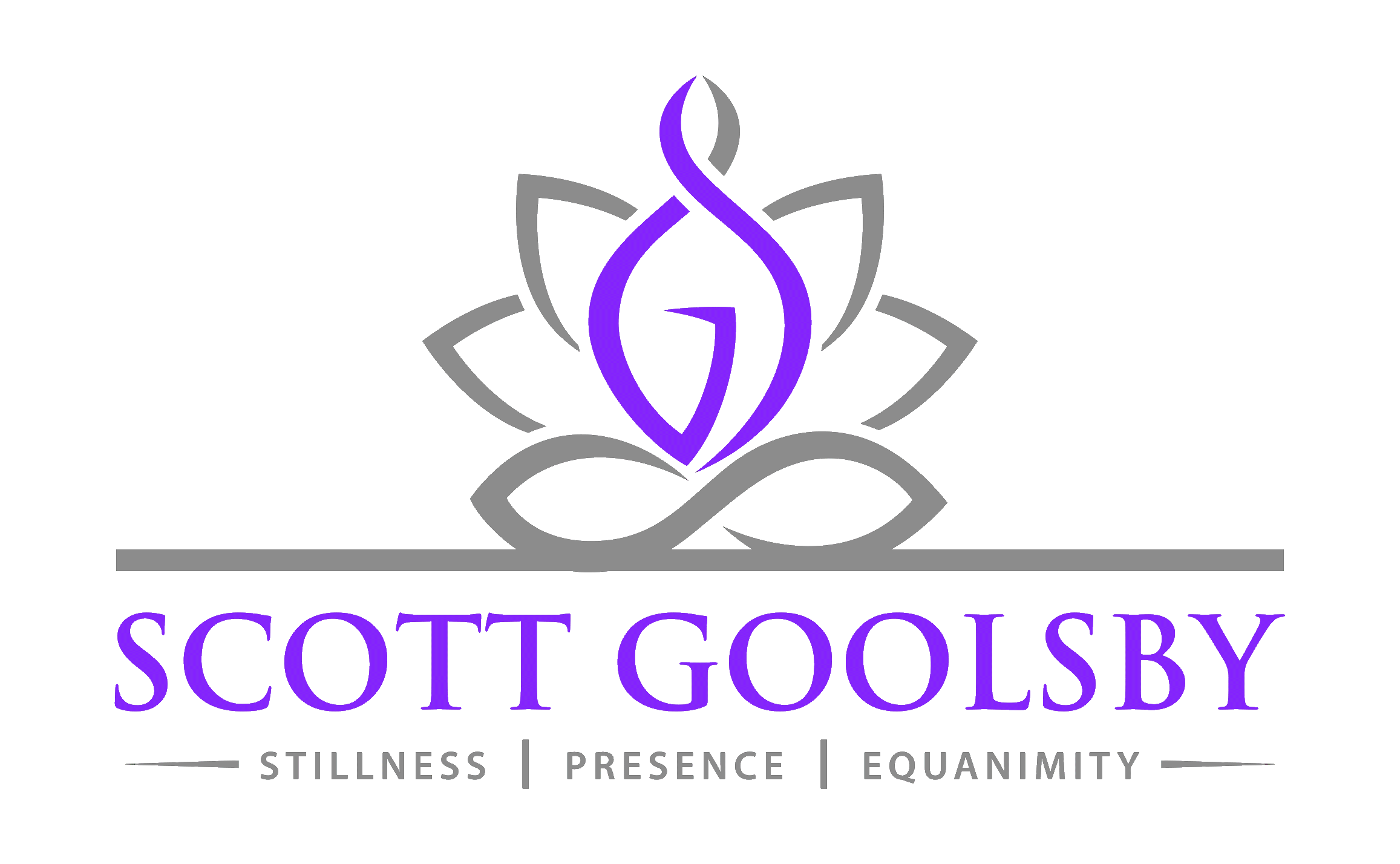For all of my adult life I have been afflicted with clinical depression. Typically we are conditioned to view our “negative” states of consciousness such as anger, fear, or depression as being bad and undesirable. However, I disagree with this assertion in many senses. These negative states are that catalysts for our evolution. Our depression and sadness allow our hearts to break open ever more deeply so that we have room for a deeper, more encompassing love and sense of appreciation for the world of light. Phenomenal reality exists because of polarities and it is necessary for us to have inner darkness so that our inner light may shine with resplendent glory. This blog post is a journal entry I wrote after battling the most severe and difficult bout I had with the disease when I was 25 years old. It was the most painful and arduous experience of my life, but it was also one the most rewarding and illuminating things I have undergone, which eventually gave birth to my spiritual awakening. Here we go!
It [the depression] was at once the most painful, horrific, cathartic, and healing experiences of my life. I literally felt myself going crazy. The essence of my reality had not only been torn, but was being completely decimated. Truth, love, power, and beauty were being obliterated before my eyes. As I observed the world in my state of anxiety and abject sadness, everything had lost its color and shine. Fear was gnawing away at my mind. Sadness and sorrow were overcoming me. All I could do was watch this happen, trapped in my mind, as everything I believed I knew was being taken away by some unseen, unknown, and malicious force for some unknown reason.
I stood on a street in Southern California, tearing at the hair on my arms, listening to the laughing and mocking disembodied voices in my consciousness giving birth within me a sense of hatred and rage. My mind was swirling with a sense of disbelief and I began to cry because I truly believed that there was nothing, absolutely nothing left for me. There was no place existentially, physically, emotionally, or spiritually left in the world to where I could turn. I was convinced that the one option that remained, the only action that would bring a cessation to this most intense suffering, was to make it end by seeking solace in the welcoming arms of death. I had to do this before my world, my vision, all that I loved and perceived dissolved. I must dissolve my self first, in a hope that perhaps the little remains of my reality I had thought were left would be preserved.
It is common for people to believe suicide to be the pinnacle of selfish acts. In my state of mind, I saw no veracity in this assertion. I felt that in my dying I would leave something of the world in tact, as though my reality was the supreme reality, as though that upon my mind’s whim, I gave birth to the world and my thoughts were bringing about its destruction. This was quite megalomaniacal of me, but I did not have a sense of power at the time, but of perseverance. In death perhaps I would leave the world with its last remaining shreds of truth. I could not bear to see everything I knew, loved, and understand consumed by this thorough, rapid, indiscriminate dissipation. I was being dissolved. I was being eaten, slowly and tortuously murdered. The gods, all of them, if any had ever existed, had turned away from me. My thoughts and prayers could no longer appease or even begin to reach their heavenly pedestals. Ending my life would alleviate the dissolution and pain. It was the only thing that would not only heal me, but also heal the entire world.
There was a vortex in the deepest part of my being eating away at me, gnawing at my spirit, my mind, my sanity. I thought I could feel, see, hear, and taste all that I knew escaping my reality. I knew I was losing my mind and I hated it. There was only one shred of sanity left within me. It was a whisper and a shadow in darkness that told me that none of this was happening, that these thoughts were not really me and that another alternative to the situation existed. This shred of sanity led me to seek help for my mind. In that help I found more insanity, more uneasiness, and more pain. Ultimately, the end and the relief, the truth, was found in the recesses of my being. Through meditation, silence, and self inquiry, I found peace.
I was forced to see that what remains when all is gone — when there is nothing else, no stories, no searching, only stopping every search, I saw the truth of being as it is. I was forced to examine myself, to be reacquainted within the truth and power inside us all. From the greatest, most intense suffering I had ever experienced, I was introduced to the deepest, most welcomed peace, ease, comfort, and true happiness. For that I am thankful and blessed.
